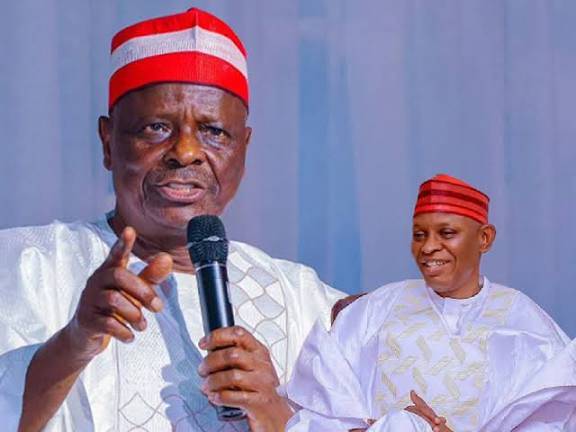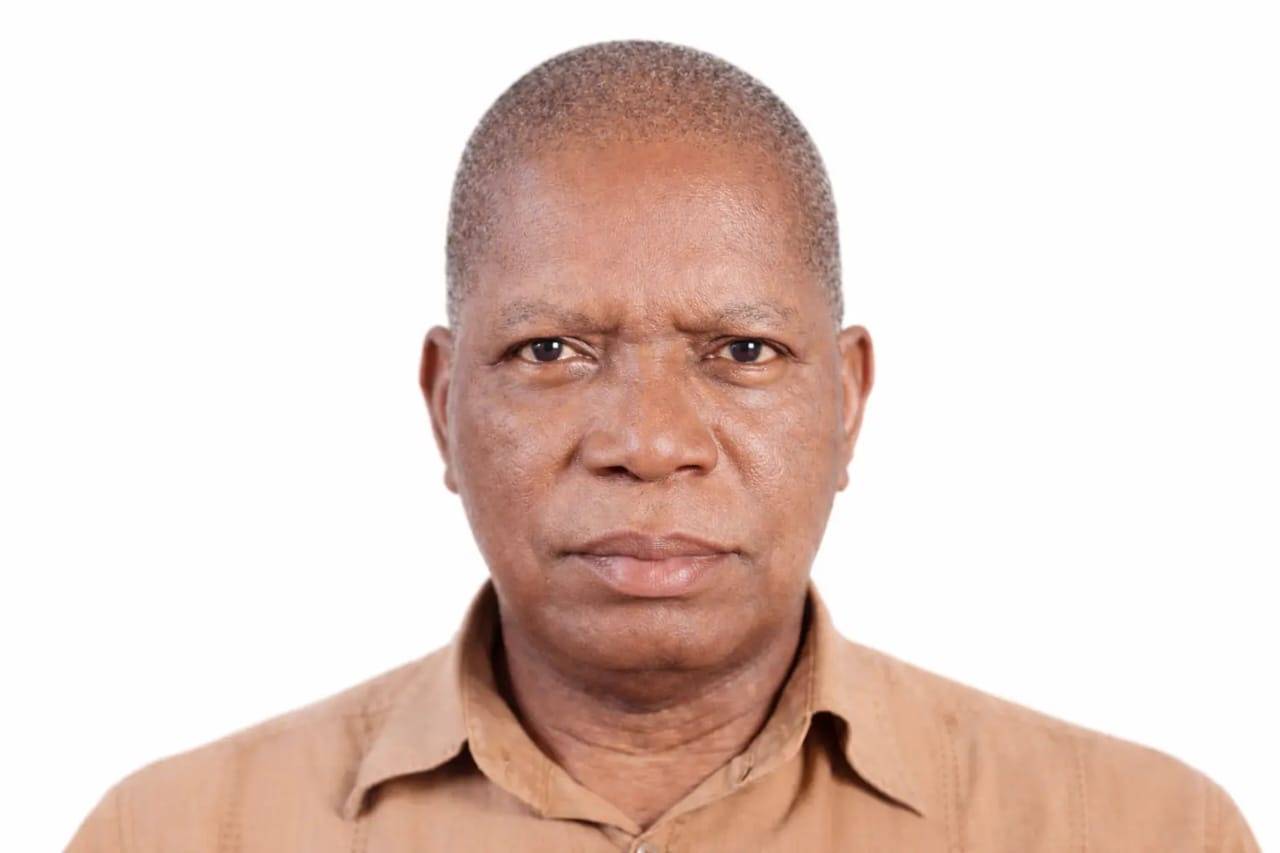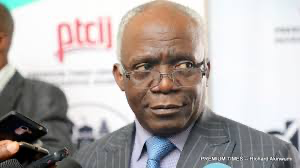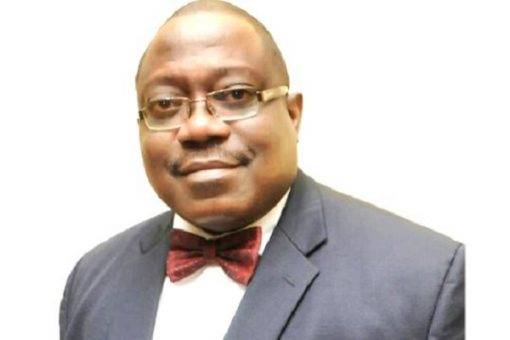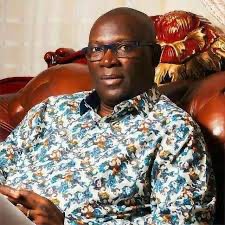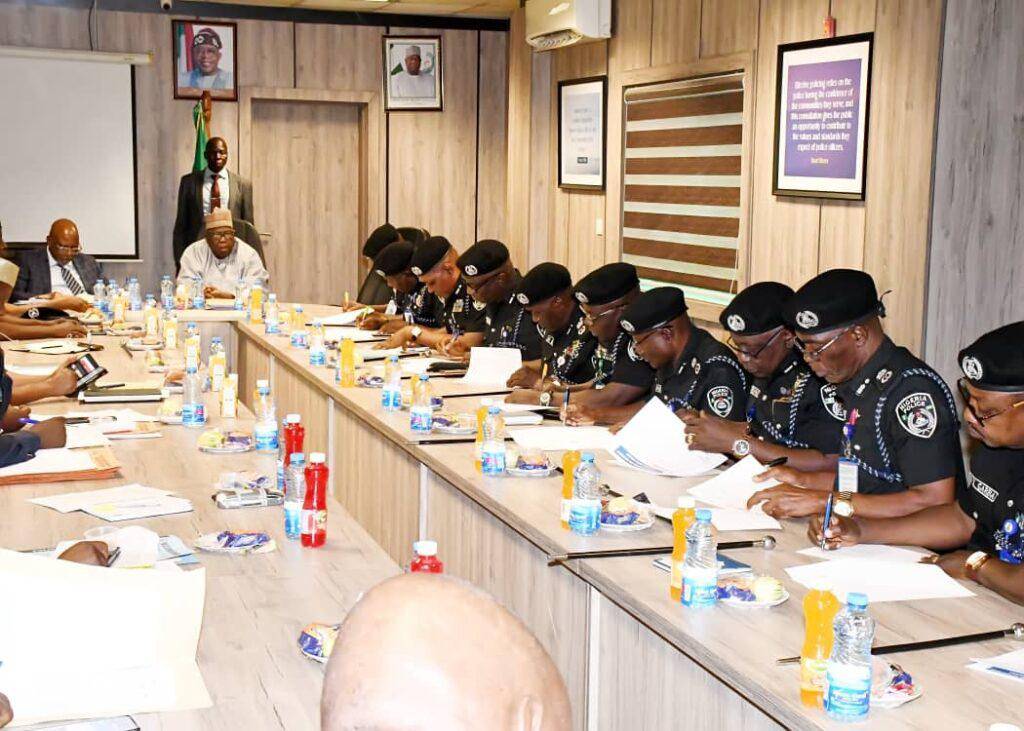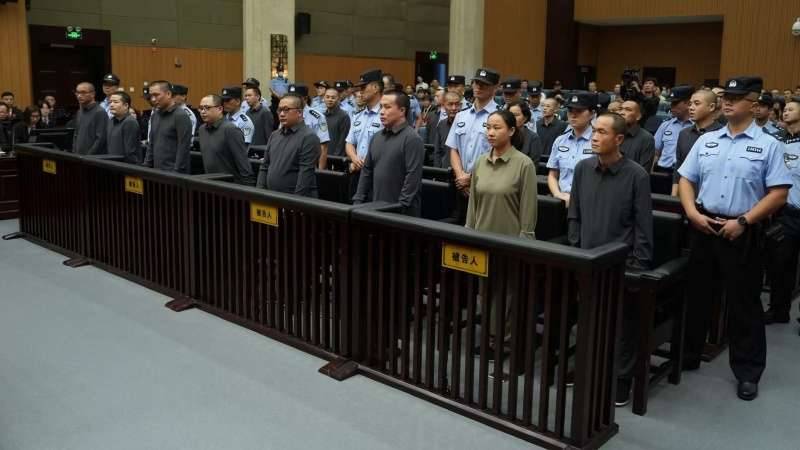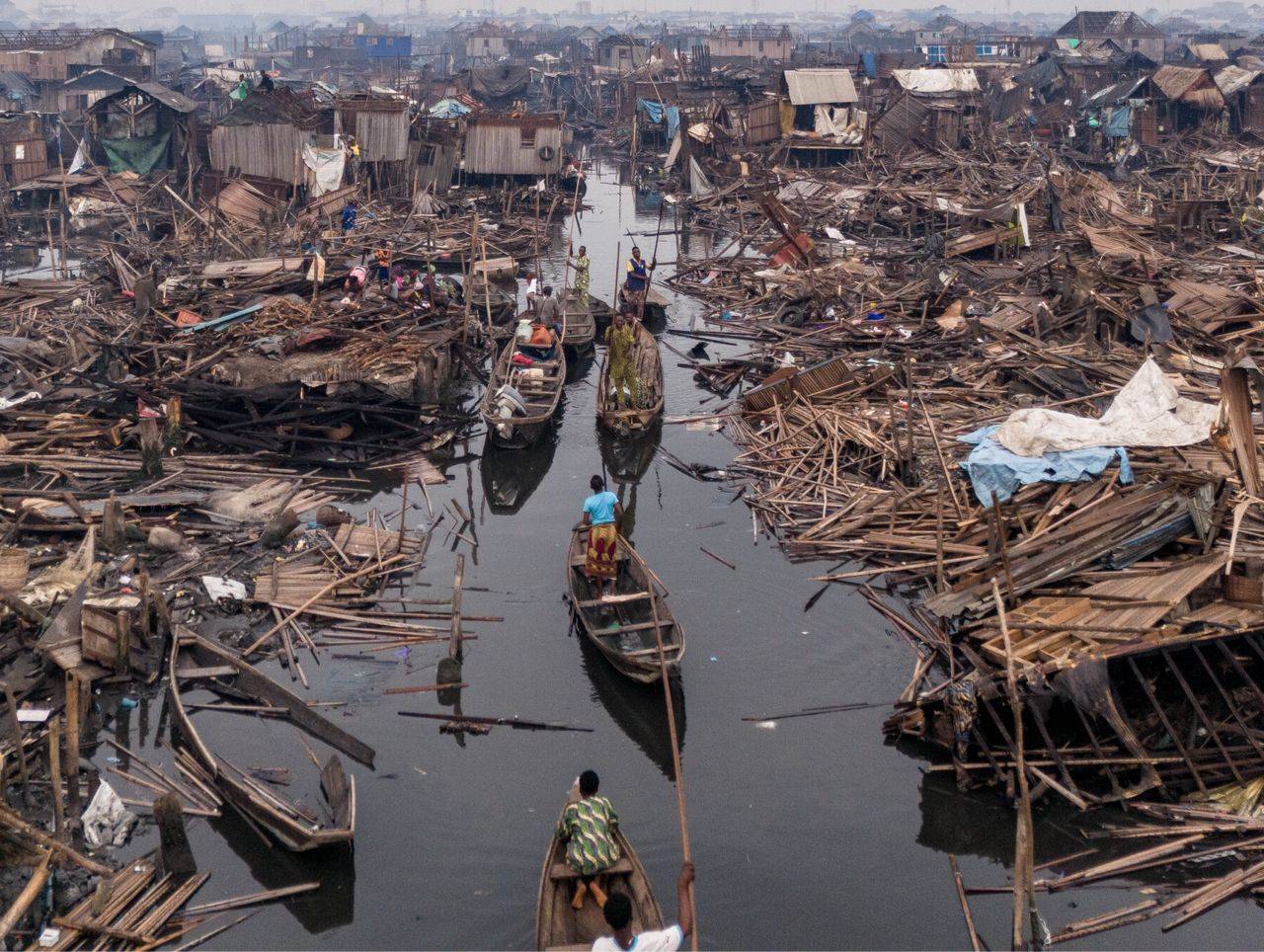By Palladium
Even before last month’s coup stories began to circulate and fuel anxiety and speculations, Nigeria’s political elite have been far less circumspect or sanguine about their country’s politics. The coup stories will not go away quickly, as everyone now understands, but perhaps the elite would find the inspiration to begin recognising the dangers posed by their extreme focus on political peripherals. Here are a few reasons the elite must begin to slow down and be less schizoid about the nature and course of their politics. By focusing almost exclusively on the person of President Bola Tinubu, his idiosyncrasies and ethnicity, Nigeria’s ‘eternal’ fault lines become more reinforced than ameliorated. Something is clearly not right about the methods the elite have chosen to drive home their arguments or compete for relevance and office, a fact that probably explains why following the All Progressives Congress (APC) victory in 2023, there were calls for a coup d’etat, and later conspiratorial mass protests to reverse the gains of democracy and clip the unseen fingers helping the country to recalibrate and balance its politics away from ethnic and religious pivots. That political modus operandi may in fact explain why the coup stories of last month have lingered, and why many believe there was probably a plot after all.
Firstly, the United States president Donald Trump’s right-wing politics has paradoxically made the world less safe and many Western countries more insular and self-absorbed. Should Nigeria come to any mishap, it is unlikely to find succour anywhere or apologists who would argue the country’s case and help modulate the consequences of a potential fracture. The US is narrowing its borders against foreigners; the United Kingdom is inadvertently fuelling the rightist and extremist politics of the Reform Party’s Nigel Farage; and rightwing politics, with special focus on anti-immigration regulations, is taking over Europe, further constricting any relief for Nigerians. Reworking and fixing Nigeria is, therefore, the crying need of the moment. Unfortunately, the Nigerian elite are oblivious of the danger their peculiar form of politics has elicited.
Secondly, Nigeria is not too big to fail. The elite and their parliaments, not to talk of the drafters of Nigeria’s malleable constitution, may live in denial and suggest that national unity is inviolate and not subject to negotiation, but more has been said and done by the elite to degrade that tentative unity rather than nurture it. Apart from Somalia which has been unravelling for 24 years, Sudan has also become the poster child for political and governmental dysfunctionality. It first split into two, with South Sudan carved out of the country in 2011, then in April 2023, civil war broke out about four years after President Omar al-Bashir was toppled. The army and the Rapid Support Forces (RSF) are now locked in a deadly struggle for the ravaged country, with some analysts fearing that Sudan could further split into east and west. The Sudanese tragedy is a study in elite recklessness which produced alienation of the less developed southern part, empowered the Janjaweed Arab militia (from which the RSF was birthed) to brutally pacify the Darfur region, and finally predisposed the country to further balkanisation.
Sudan mirrors Nigeria in many ways. When the elite (doctors, health workers, lawyers) ignited protests on the streets of Khartoum, the al-Bashir presidency fell in a matter of months and was replaced by a civil-military leadership, which upon further protests fell apart until civil war broke out in 2023. At every election cycle in Nigeria, some powerful groups lose out.
If that loss is not handled well, as it is happening now, and is compounded by economic hardship, discontent could fester to the point of incitement. Among the opposition, there has been little effort to appreciate the economic realignment and rejuvenation taking place, partly because the positive effects of the realignment have not been substantially felt among the poor.
Massive economic rejuvenation is taking place amidst dramatic social and political realignments, but the opposition, given the nature of Nigerian politics, will de-emphasise progress and focus on the inconsistencies, contradictions, immiseration, and policy reversals of the administration. The fixation with peripherals is mainly due to the displacement of powerful members of the political elite, the controversiality of some of the government’s economic policies, and the panic that some of the policies might actually be effective thus leaving the opposition to muckrake and centre their attacks on the person and affiliations of the president.
There is a lot to fix about Nigeria; but it is dangerous to let the effort be inspired by self-centred and shortsighted politics. If the elite are not restrained by either the existential crises undermining peace and development in the continent or the unwelcoming racial and political atmosphere wafting over Europe, Asia and the Americas, centrifugal forces may take over.
Opposition is essentially about policies, to a little extent about style, and certainly not about exploitation of ethnic and religious fault lines. The elite must be aware of the cataclysmic effects of deliberately promoting instability or letting divisions ossify in a country still susceptible to fracturing over small differences.
Incendiary speeches, sponsorship of domestic revolts, and copycat embrace of the political dynamics unsettling other countries need to give way to responsible politics that take cognisance of the day after tomorrow. Whether the government and the opposition like to hear it or not, Nigeria’s survival is more threatened today than at any time in its history, partly because of the dangerous interplay of global forces.



